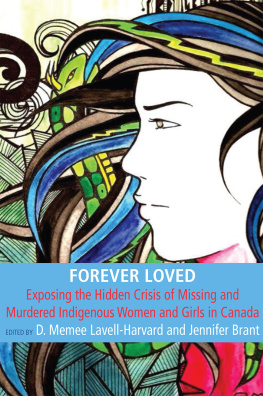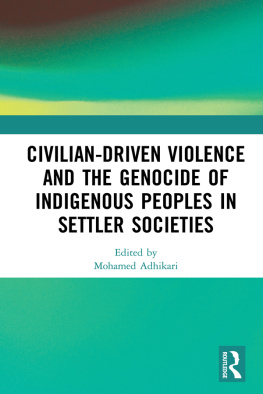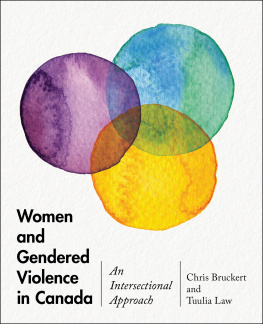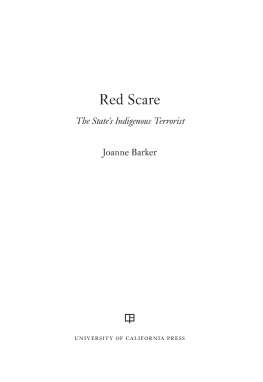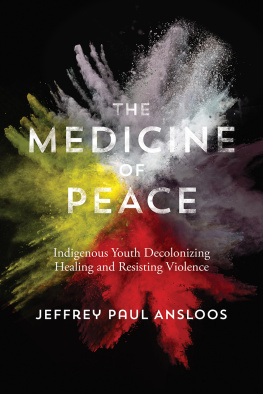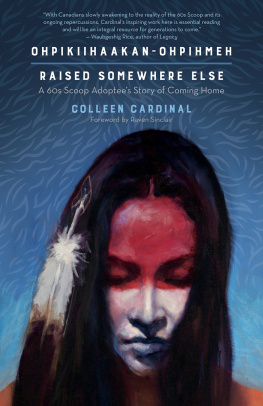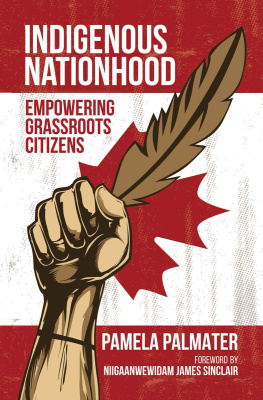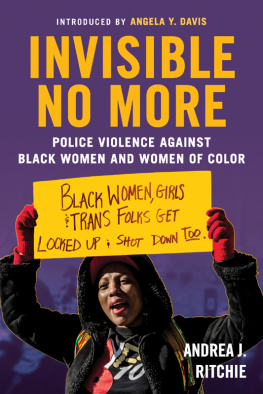VIOLENCE AGAINST INDIGENOUS WOMEN
INDIGENOUS STUDIES SERIES
The Indigenous Studies Series builds on the successes of the past and is inspired by recent critical conversations about Indigenous epistemological frameworks. Recognizing the need to encourage burgeoning scholarship, the series welcomes manuscripts drawing upon Indigenous intellectual traditions and philosophies, particularly in discussions situated within the Humanities.
Series Editor:
Dr. Deanna Reder (Mtis), Associate Professor, First Nations Studies and English, Simon Fraser University
Advisory Board:
Dr. Jo-ann Archibald (Sto:lo), Associate Dean, Indigenous Education, University of British Columbia
Dr. Kristina Bidwell (Labrador-Mtis), Associate Professor, English, University of Saskatchewan
Dr. Daniel Heath Justice (Cherokee), Associate Professor, English, Canada Research Chair in Indigenous Literature and Expressive Culture, University of British Columbia
Dr. Eldon Yellowhorn (Piikani), Associate Professor, Archaeology, Director of First Nations Studies, Simon Fraser University
VIOLENCE
AGAINST
INDIGENOUS
WOMEN
LITERATURE | ACTIVISM | RESISTANCE
ALLISON HARGREAVES


This book has been published with the help of a grant from the Canadian Federation for the Humanities and Social Sciences, through the Awards to Scholarly Publications Program, using funds provided by the Social Sciences and Humanities Research Council of Canada. Wilfrid Laurier University Press acknowledges the support of the Canada Council for the Arts for our publishing program. We acknowledge the financial support of the Government of Canada through the Canada Book Fund for our publishing activities. This work was supported by the Research Support Fund.

Library and Archives Canada Cataloguing in Publication
Hargreaves, Allison, 1981, author
Violence against indigenous women : literature, activism, resistance / Allison Hargreaves.
(Indigenous studies series)
Includes bibliographical references and index.
Issued in print and electronic formats.
ISBN 978-1-77112-239-9 (softcover).ISBN 978-1-77112-250-4 (EPUB).
ISBN 978-1-77112-249-8 (PDF)
1. Canadian literatureIndian authorsHistory and criticism. 2. Canadian literatureWomen authorsHistory and criticism. 3. Canadian literature (English)21st centuryHistory and criticism. 4. StorytellingSocial aspectsCanada. 5. Violence in literature. 6. Indians in literature. 7. Indian womenViolence againstCanadaCase studies. 8. Indian women activistsCanadaCase studies. 9. FeminismCanadaCase studies. I. Title. II. Series: Indigenous studies series
PS8089.5.I6H39 2017 C810.9928708997071 C2017-901914-7
C2017-901915-5
Cover image: Muse (acrylic on canvas; 30 24 in.) by Dominique Normand. Cover design by Lara Minja. Interior design and typesetting by James Leahy.
2017 Wilfrid Laurier University Press
Waterloo, Ontario, Canada
www.wlupress.wlu.ca
This book is printed on FSC certified paper and is certified Ecologo. It contains post-consumer fibre, is processed chlorine free, and is manufactured using biogas energy.
Printed in Canada
Every reasonable effort has been made to acquire permission for copyright material used in this text, and to acknowledge all such indebtedness accurately. Any errors and omissions called to the publishers attention will be corrected in future printings.
No part of this publication may be reproduced, stored in a retrieval system, or transmitted, in any form or by any means, without the prior written consent of the publisher or a licence from the Canadian Copyright Licensing Agency (Access Copyright). For an Access Copyright licence, visit http://www.accesscopyright.ca or call toll free to 1-800-893-5777.
CONTENTS
INTRODUCTION
Violence against Indigenous Women: Representation and Resistance
CHAPTER ONE
Finding Dawn and the Missing Women Commission of Inquiry: Story-Based Methods in Anti-Violence Research and Remembrance
CHAPTER TWO
Narrative Appeals: The Stolen Sisters Report and Storytelling in Activist Discourse and Poetry
CHAPTER THREE
Compelling Disclosures: Storytelling in Feminist Anti-Violence Discourse and Indigenous Womens Memoir
CHAPTER FOUR
Recognition, Remembrance, and Redress: The Politics of Memorialization in the Cases of Helen Betty Osborne and Anna Mae Pictou-Aquash
CONCLUSION
Thinking beyond the National Inquiry: A Red Girls Reasoning
PREFACE
It seems that the most useful prefaces serve as a place of introductionand not just to the subject matter, but also to the writer who situates herself in the work. In Indigenous Methodologies, Margaret Kovach (Nhiaw/Saulteaux) recalls Mori scholar Graham Smiths instructions to begin with a prologue. The idea, she says, is to narrate for readers the information required to make sense of the story to follow. As Kovachs own prologue explores, it can be difficult to narrate the origins of ones work. But one can hopefully say something about the relationshipsto people, places, and storiesthat have informed that work.
While I was revising this manuscript with the feedback of my reviewers, my ten-year-old stepdaughter asked me: when did I first find out that I had to write this book? The phrasing charmed me; I had the humorous image of myself receiving surprise notification in the mail. But this was a really good question, and its phrasing intuited something important about research and writing: that to whatever extent we choose our work, it also chooses us. This is not to efface our personal accountability as academics and teachers, but to say that many factors of history, social relations, and time converge and give shape to the choices we make. Though curious about the topic of the book, my stepdaughter was more interested in just thatin how and why it had become a daily labour for me. At first, I explained how the book began as work written for a doctoral degree while I was studying at Western University in London, Ontario, and that I had been reworking the project since moving to the Okanagan and taking up my job in Kelowna as a teacher at UBC. But this isnt really what she meant. It wasnt so much a timeline she was looking for, as a sense of those larger convergences: why me, These are the questions that motivate me; this book is one possible response.
I came to this project through literature. As an adolescent reader seeking escape, I saw literature as a way to imagine my world otherwise. As a young adult, I saw it could also name problems with the way the world was. Drawn by the possibility of something that could both prescribe socio-political ills as well as imagine alternatives, I decided to study literature as an undergraduate at the University of Alberta. It wasnt until quite late in my degree that I took a course in Indigenous Literatures. Tellingly, this wasnt required credit for an English degree. And soon after my work in this course began, I started to see the problem with that: of all the texts I had studied, I hadnt yet read the stories of the peoples on whose land I was living. How could one graduate with a credible specialization in literature without engaging with Indigenous literary traditions? This initial questioning soon led to much deeper doubts about my life and learning to date. It was a gradual, sinking feeling of betrayal, which many of my own studentsboth Indigenous and non-Indigenousalso describe: why didnt I know? While reading the work of Syilx poet and novelist Jeannette Armstrong, I came across this explanation: the dominating [culture] seeks to affirm itself.


